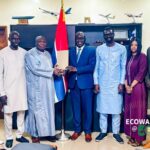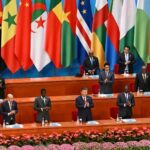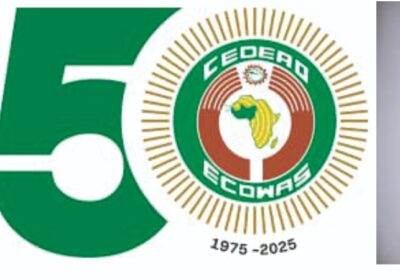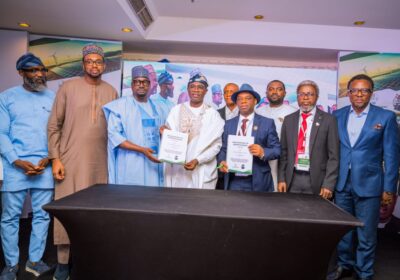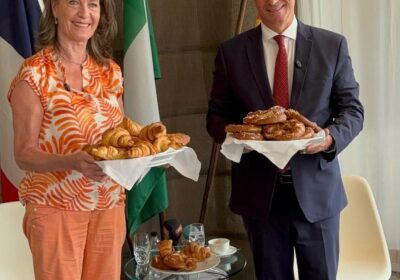Nigeria Champions a Fairer World Order at BRICS Meeting in Brazil By Raymond Enoch.
In a powerful display of diplomacy and vision, Nigeria’s Minister of Foreign Affairs, Ambassador Yusuf Maitama Tuggar, OON, reaffirmed the country’s unwavering commitment to multilateralism at the BRICS Foreign Ministers Meeting held in Rio de Janeiro, Brazil.
Speaking under the theme “The Role of the Global South in Reinforcing Multilateralism,” Ambassador Tuggar presented Nigeria as a proactive partner ready to help reshape the global order into one that is equitable, inclusive, and responsive to the realities of the 21st century.
He began his address by extending gratitude to Brazil for hosting the meeting and to BRICS for granting Nigeria the prestigious status of Partner Country—a move he described as a “clear affirmation of the bloc’s commitment to inclusive multilateralism.”
“In a world facing complex challenges—from climate change and technological disruption to economic instability—Nigeria stands with BRICS in calling for reforms that reflect today’s realities and empower the Global South,” Tuggar stated.
The Foreign Minister highlighted BRICS as a credible platform for global cooperation, applauding initiatives such as the New Development Bank and discussions around a common payment system as clear indicators of a move toward a more balanced and representative international order.
Aligning with the six priorities of Brazil’s 2025 BRICS Chairmanship, Tuggar underscored Nigeria’s readiness to contribute meaningfully in areas including peace and security, sustainable development, health cooperation, and the ethical governance of artificial intelligence.
“Nigeria brings to the table a vibrant youth population, a growing tech sector, and a strategic location in Africa—making it a natural partner in advancing BRICS objectives and deepening intra-African trade through the African Continental Free Trade Area (AfCFTA),” he said.
Tuggar made a strong case for enhanced South-South Cooperation, positioning the Global South not as a passive recipient but as a catalyst for sustainable and inclusive global solutions.
He concluded with a clarion call for urgent reform of global institutions, including the United Nations Security Council, to reflect contemporary geopolitical and socio-economic dynamics. “Nigeria is ready to help shape a new era of global cooperation—one grounded in equity, solidarity, and mutual respect,” he declared.
This address not only reaffirmed Nigeria’s diplomatic presence on the global stage but also signaled a bold step forward in Africa’s pursuit of a more just international system.



